7 Future Travel Techs That Are Closer Than You Think
In the ever-evolving landscape of technology, the travel industry stands on the brink of a transformation as profound as the invention of the airplane. As we stride into the future, the convergence of cutting-edge technologies promises to redefine how we explore the world. From seamless travel experiences to sustainable solutions, these innovations are not just concepts but imminent realities poised to revolutionize the way we perceive and engage with travel. This article embarks on an exciting journey through 7 pioneering travel technologies that are almost within our grasp, each offering a glimpse into a future where the impossible becomes possible.
1. Hyperloop: The Speed of Light Travel

Imagine traversing vast distances at speeds once reserved for science fiction. The Hyperloop concept, championed by innovators like Elon Musk, proposes a high-speed train system that could revolutionize intercity travel. By utilizing vacuum tubes and magnetic levitation, the Hyperloop aims to transport passengers at speeds exceeding 700 miles per hour. This technology promises to shrink travel times dramatically, making long-distance commutes as quick as a daily drive. As prototypes and test tracks continue to develop, the Hyperloop stands on the cusp of transforming travel, offering a glimpse into a future where cities are mere minutes apart.
2. Autonomous Aerial Taxis: The Sky's the Limit

The vision of flying cars has tantalized imaginations for decades, and autonomous aerial taxis are bringing this dream closer to reality. Companies like Volocopter and Uber Elevate are spearheading efforts to create electric vertical takeoff and landing (eVTOL) vehicles. Designed to alleviate urban congestion, these aerial taxis promise to provide a sustainable and efficient mode of transport. With trials underway in cities worldwide, the prospect of hailing an aerial ride through a smartphone app is fast approaching. This technology not only promises to redefine urban mobility but also offers a new perspective on cityscapes from the sky.
3. Augmented Reality: Enhancing the Travel Experience
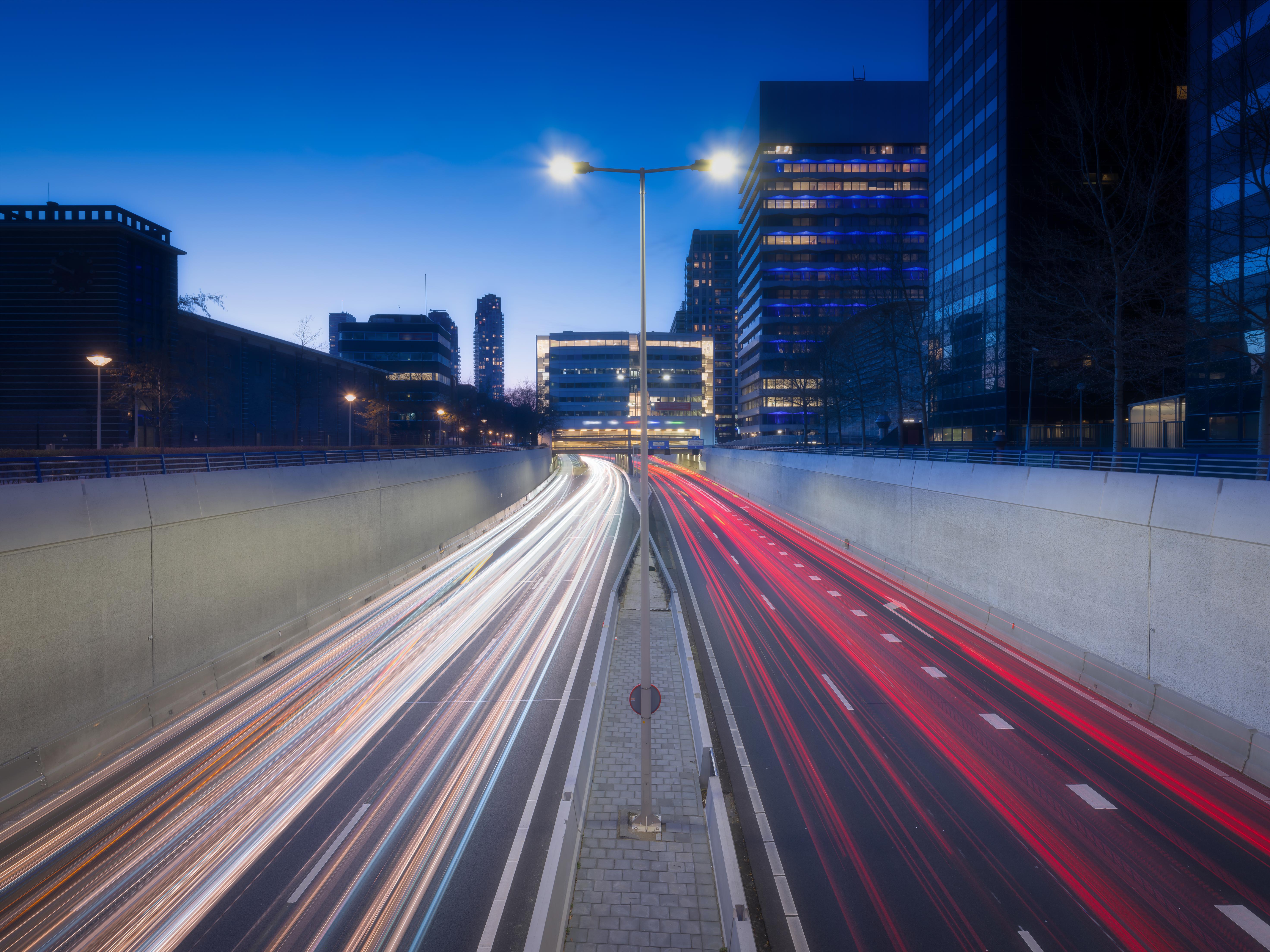
Augmented reality (AR) is poised to transform the way travelers interact with their surroundings. By overlaying digital information onto the real world, AR can enhance the travel experience in unprecedented ways. Imagine exploring ancient ruins with historical facts and reconstructions displayed before your eyes or navigating foreign cities with real-time translations and directions. Companies like Google and Apple are investing heavily in AR technology, integrating it into devices and applications. As AR becomes more sophisticated, it promises to enrich travel experiences, making them more informative, immersive, and interactive.
4. Biometric Checkpoints: Seamless and Secure Journeys
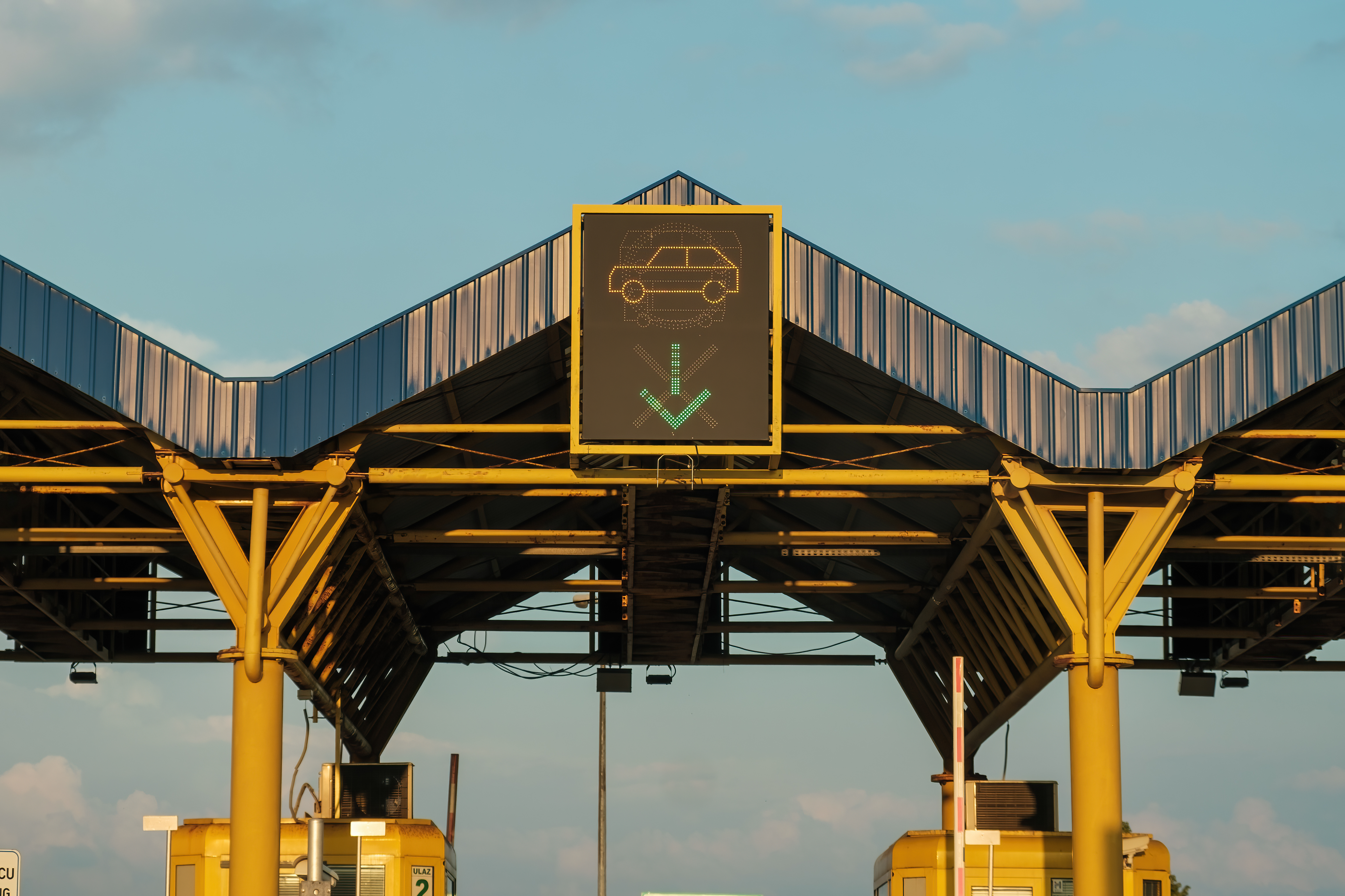
The future of travel is not only about speed and convenience but also security. Biometric technology is set to revolutionize airport and border security, making travel more seamless and secure. Facial recognition, fingerprint scanning, and iris detection are being integrated into airports worldwide, allowing for quick and contactless identity verification. This technology promises to reduce wait times, enhance security, and improve the overall passenger experience. As biometric checkpoints become more widespread, travelers can look forward to a future where long lines and cumbersome security checks become a thing of the past.
5. Smart Luggage: The Traveler's Companion
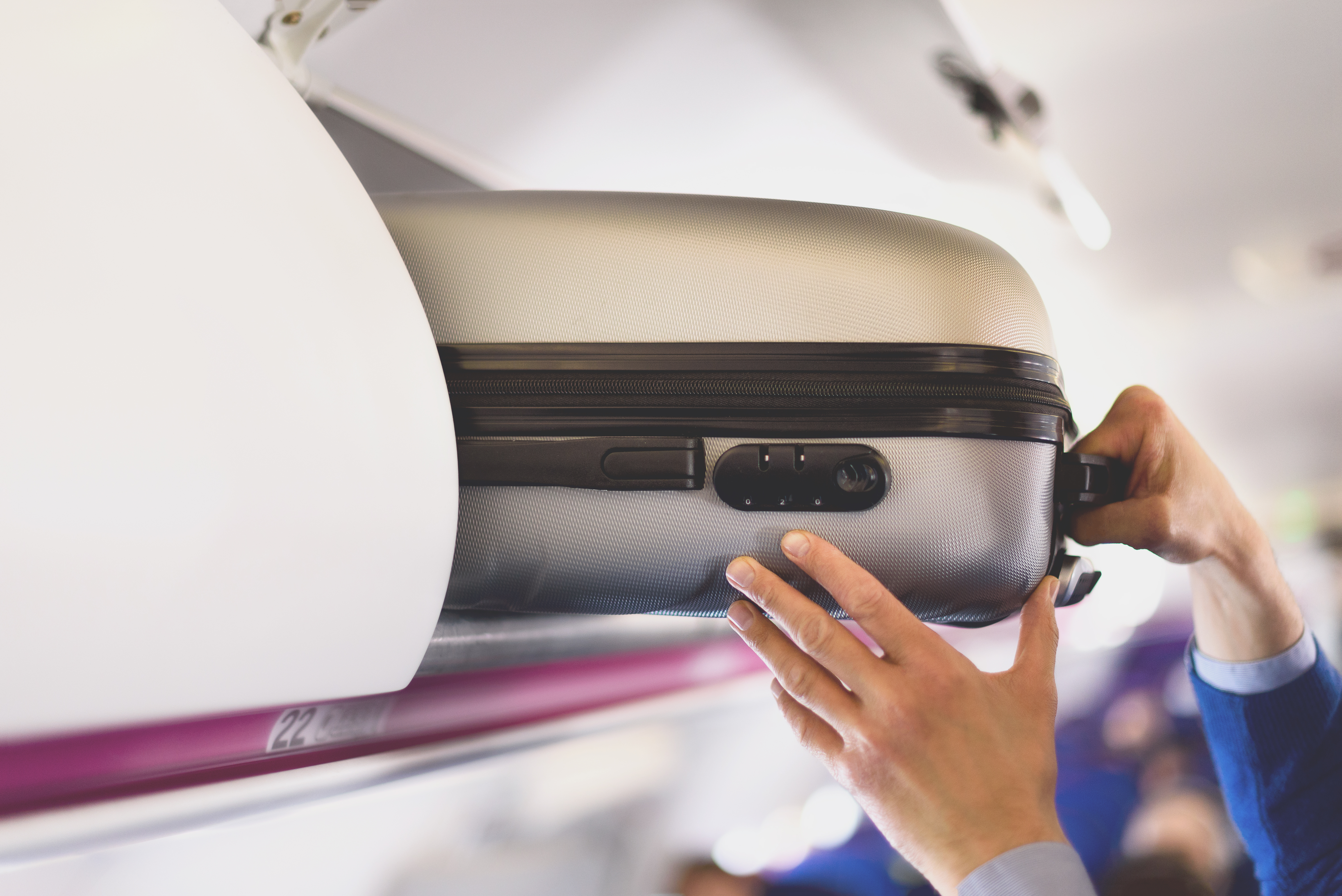
Gone are the days of lost luggage and outdated travel accessories. Smart luggage, equipped with GPS tracking, built-in scales, and even charging ports, is set to become the traveler’s best companion. Companies like Away and Samsonite are leading the charge, designing suitcases that offer convenience and peace of mind. With features like remote locking and weight sensors, smart luggage ensures travelers are always connected to their belongings. As this technology becomes more affordable and widespread, it promises to streamline the travel experience, offering a blend of functionality and innovation.
6. Sustainable Travel Tech: A Green Tomorrow
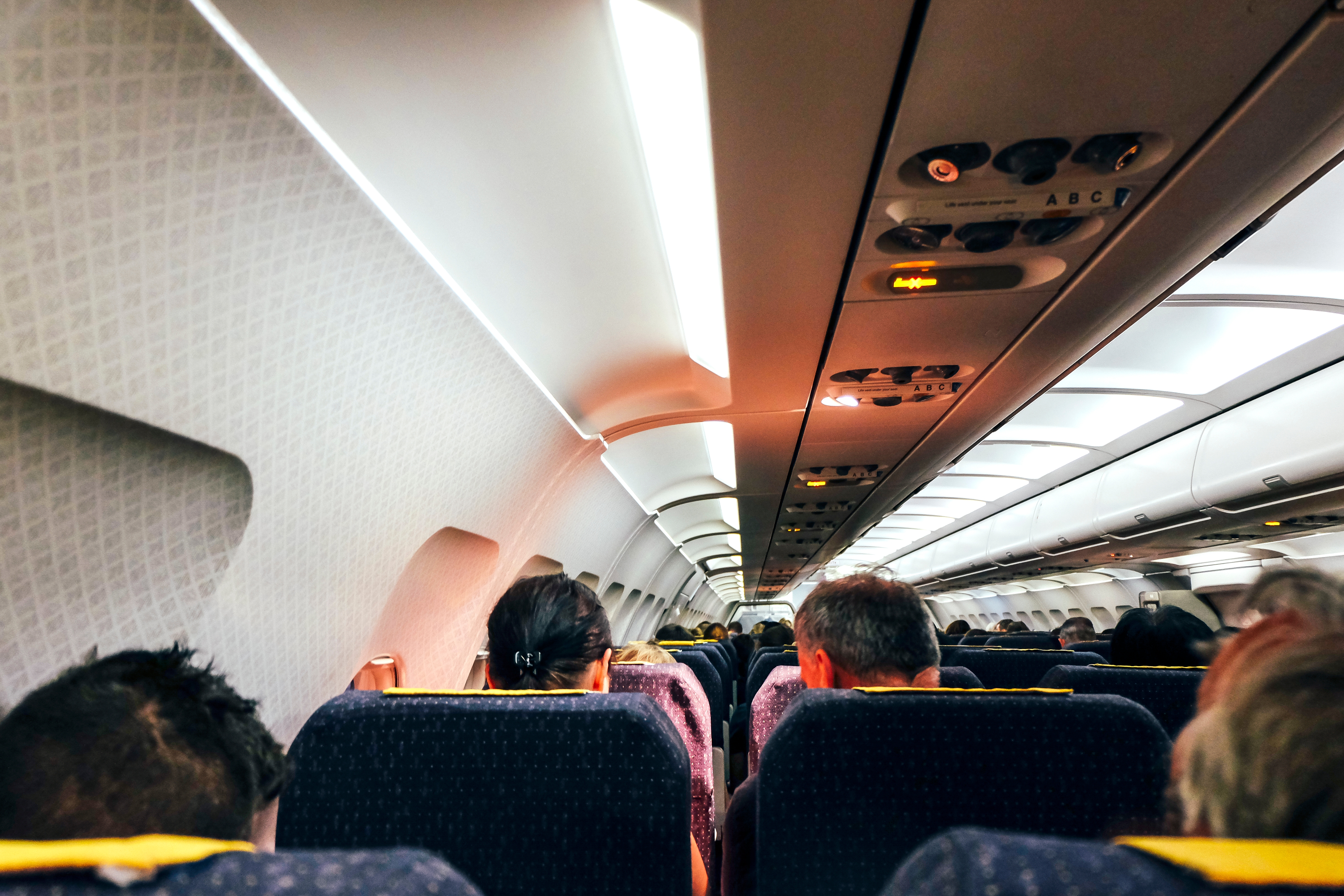
As awareness of climate change grows, the travel industry is increasingly focusing on sustainable solutions. Innovations such as electric planes, biofuels, and eco-friendly accommodations are paving the way for a greener future. Companies like ZeroAvia are developing hydrogen-powered aircraft, aiming to reduce the carbon footprint of air travel. Meanwhile, hotels are adopting smart energy management systems to minimize their environmental impact. These technologies not only promise to make travel more sustainable but also reflect a growing commitment to preserving the planet for future generations, ensuring that travel remains a joy for years to come.
7. Virtual Reality: Traveling Without Moving
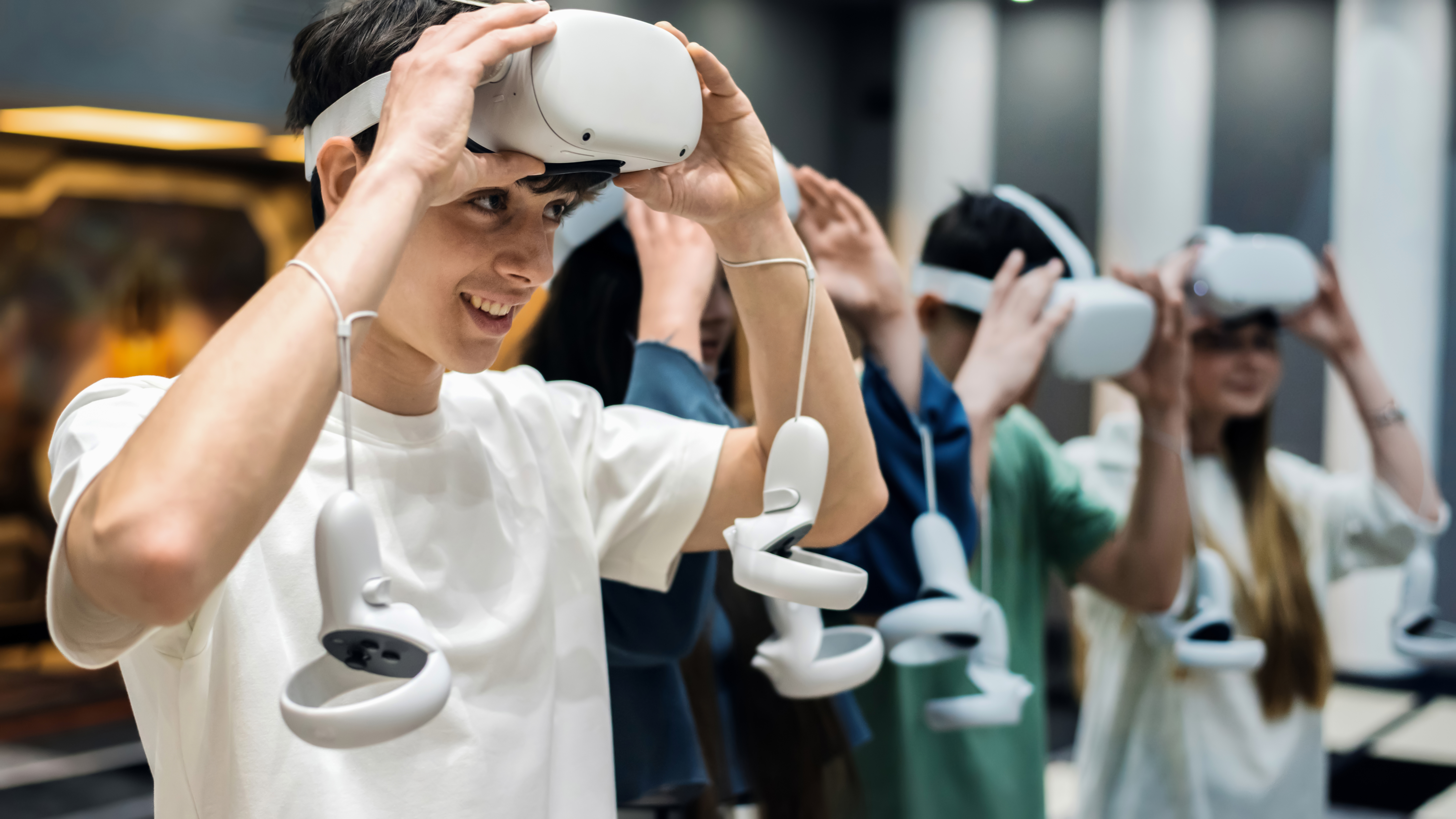
Virtual reality (VR) offers a unique proposition: the ability to explore the world without leaving your home. As VR technology advances, it provides immersive experiences that allow users to visit iconic landmarks, explore distant cultures, and even attend live events in real time. Companies like Oculus and HTC are at the forefront of this revolution, creating devices that transport users to different corners of the globe. While VR cannot replace the sensory richness of real travel, it offers a compelling alternative for those unable to journey physically, expanding the horizons of what it means to travel.
Embracing the Future of Travel

As we stand on the threshold of a new era in travel, these seven technologies offer a tantalizing glimpse into a future where exploration knows no bounds. From the speed of the Hyperloop to the convenience of biometric checkpoints, each innovation promises to enhance and enrich the travel experience in profound ways. As these technologies continue to develop and integrate into our daily lives, they will undoubtedly redefine our relationship with the world, making travel more accessible, sustainable, and enjoyable. The future of travel is bright, and it is unfolding before our eyes, inviting us to explore tomorrow today.








